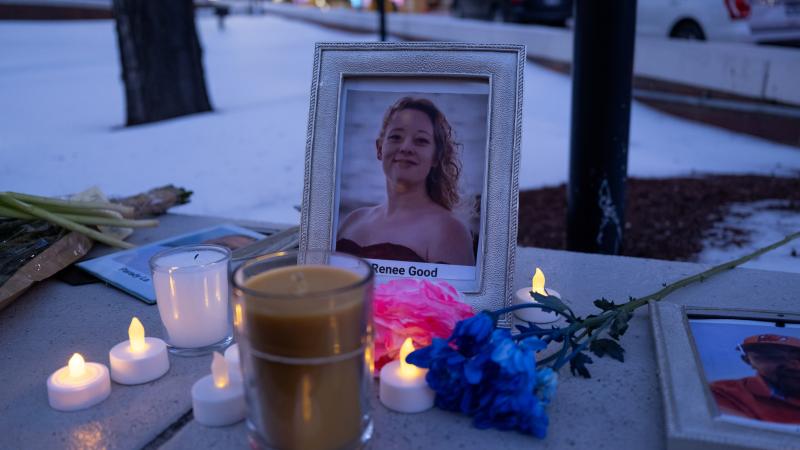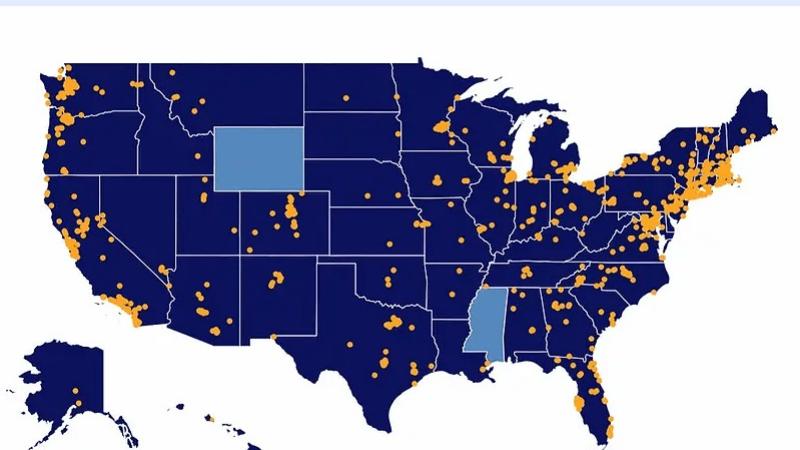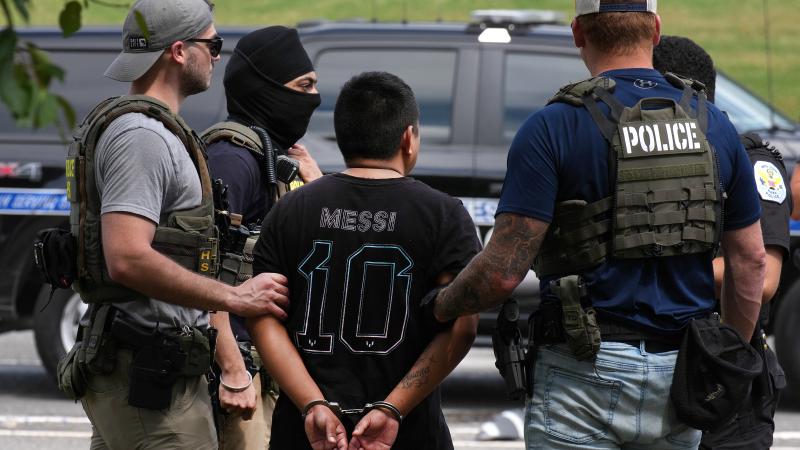Election integrity: Wisconsin judge questions Zuckerbucks lawsuit
Whether Facebook founder’s group broke election laws in 2020 won’t be known until the Wisconsin Supreme Court rules on key cases.
Whether Mark Zuckerberg’s Center for Tech and Civic Life Wisconsin’s election laws in 2020 won’t be known until the Wisconsin Supreme Court decides what state law says about ballot drop boxes and outside election grants. Maybe.
A Dane County judge on Tuesday questioned the case from the Thomas More Society on behalf of a handful of voters in Madison.
Erick Kaardal with the Thomas More Society says the CTCL broke state law by paying $50,000 for ballot drop boxes in Madison. He’s challenging a ruling from the Wisconsin Elections Commission that dismissed his complaints.
“The problem is that at the time the election occurred, there was guidance that said drop boxes were permitted,” Judge Stephen Ehlke said in court Tuesday. “So, why would there be probable cause to investigate a crime when the WEC itself is saying that [drop boxes] are OK?”
Kaardal said Wisconsin’s election laws did not specifically authorize ballot drop boxes during the 2020 presidential election, and don’t allow them now.
“The whole [election] system is based on every election official following the law with specificity,” Kaardal said.
The Wisconsin Supreme Court is currently deciding whether ballot drop boxes can be used in the state.
“We don’t know what the Supreme Court is going to do,” Ehlke added.
“The law hasn’t changed one bit. And the Wisconsin Elections Commission got that issue wrong. Now we have the residue of that erroneous interpretation in these cities,” Kaardal fired back. “And this idea that ‘Oh, I have a legal document that misinterprets the law, and I relied on that,’ that doesn’t make what happened in Madison any less illegal.”
Kaardal and the Thomas More Society have been challenging what happened in Wisconsin’s 2020 election for more than a year. An additional complaint is that money from Zuckerberg's organization, which was distributed nationwide, was used primarily in Democratic strongholds, beefing up Democratic turnout.
Kaardal in December said CTCL’s actions in Wisconsin amounted to political bribery.
The judge on Tuesday questioned that line of thinking.
“To say that a criminal activity occurred is a stretch to me,” Ehlke said.













